Why is Samsung selling pre-owned phones?
Korean electronics firm gearing up to enter the refurb market
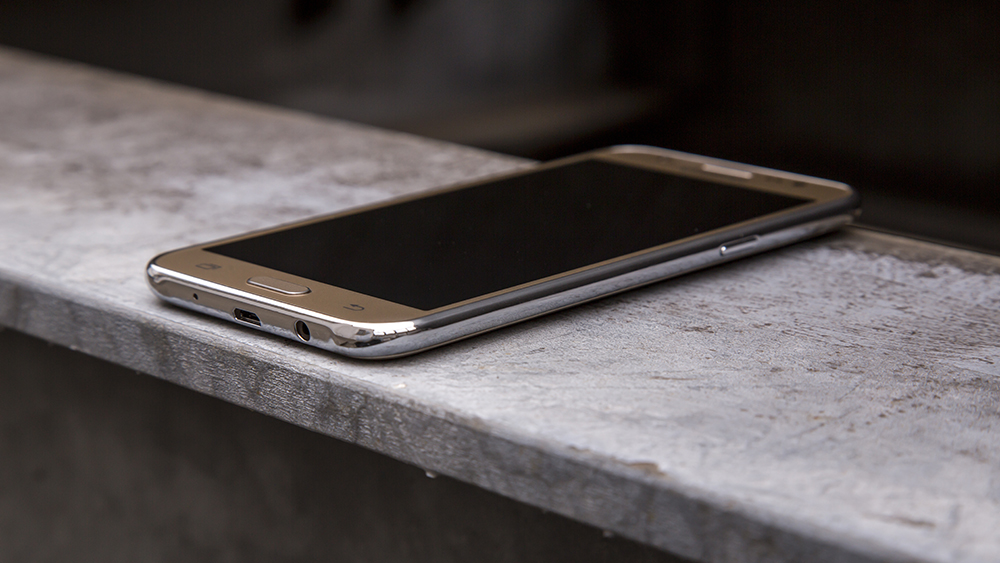
Samsung is preparing to sell second-hand versions of its own smartphones for lower prices from next year, it has been reported.
The South Korean company plans to sell on previously-owned premium models returned to vendors by customers on one year upgrade contracts, a source told Reuters.
The refurbished handsets could sport a new display, battery or outer casing, depending on its age or damage sustained.
The source refused to disclose how significantly the prices would be reduced, or the markets Samsung expects to sell the phones within.
Samsung currently sells certified pre-owned phones in the US, typically offering discounts of between $100 to $250. The models ship with the same one-year warranty as new handsets, and
The new programme is likely to be part of a strategy to push its expensive high-end handsets into emerging markets such as India.
Budget manufacturers including Micromax, Oppo and Xiaomi have chipped away at Samsung's share of the low-end Android market in recent years. Selling previously pricey handsets at a reduced cost has the potential to reach many more customers who might then be tempted to shell out for full-priced models in the future, but runs the dual risk of devaluing Samsung's market stance as a premium manufacturer.
Get the ITPro daily newsletter
Sign up today and you will receive a free copy of our Future Focus 2025 report - the leading guidance on AI, cybersecurity and other IT challenges as per 700+ senior executives
Apple has successfully sold refurbished iPhones in some countries for a number of years, albeit not the UK, which typically sell for significantly more than Samsung models.
An iPhone tends to retain around 69% of its market value around a year after its launch, while the value of Samsung's premium Galaxy range falls to around 51% of its original price.
Samsung's new project is a bid to narrow the gap between the two, controlling the pricing while simultaneously expanding its market share.
-
 OpenAI's new GPT-4.1 models miss the mark on coding tasks
OpenAI's new GPT-4.1 models miss the mark on coding tasksNews OpenAI says its GPT-4.1 model family offers sizable improvements for coding, but tests show competitors still outperform it in key areas.
By Ross Kelly
-
 Meta just revived plans to train AI models using European user data
Meta just revived plans to train AI models using European user dataNews Meta has confirmed plans to train AI models using European users’ public content and conversations with its Meta AI chatbot.
By Nicole Kobie
-
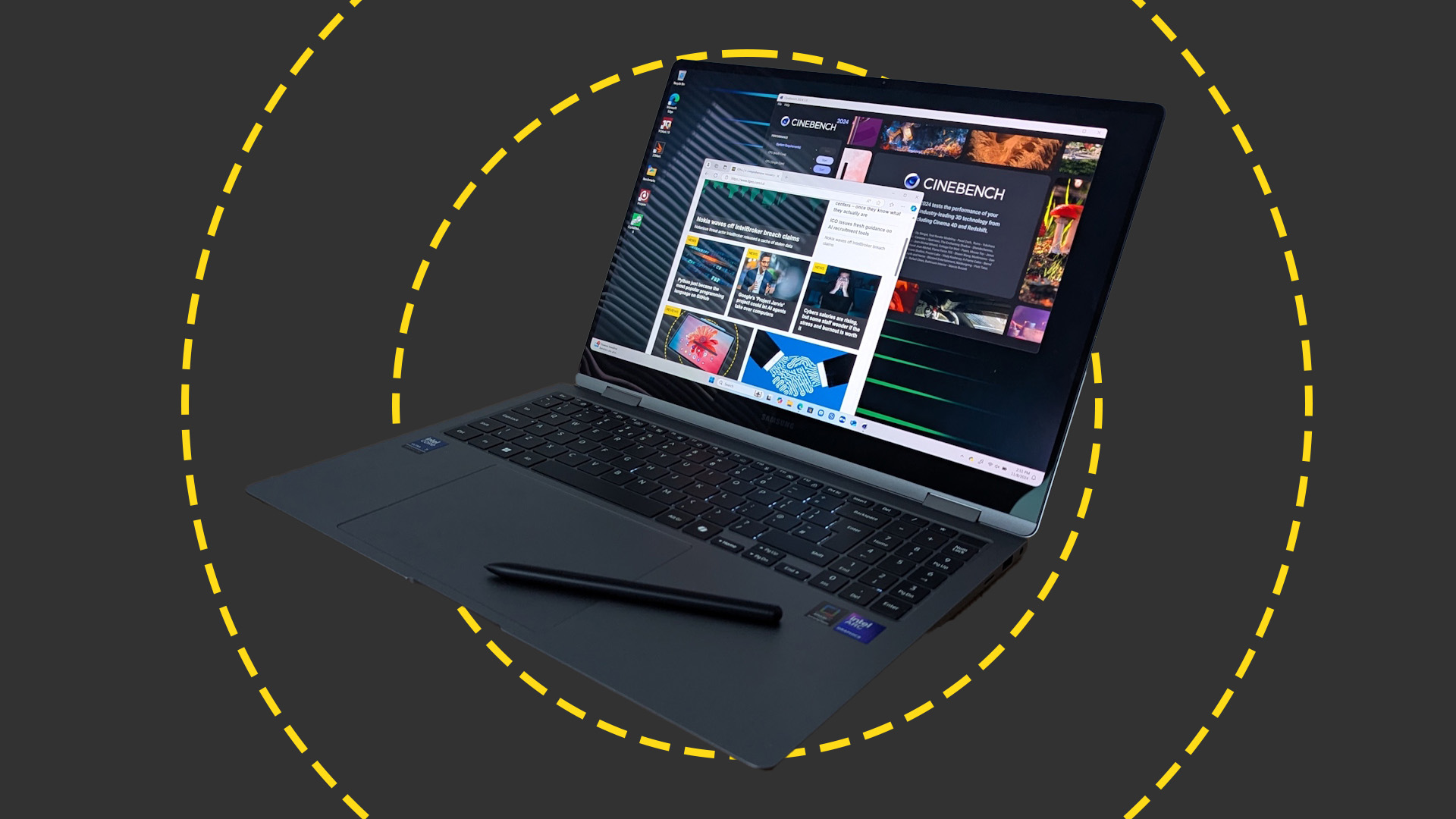 Samsung Galaxy Book 5 Pro 360 review: Almost the perfect big-screen laptop
Samsung Galaxy Book 5 Pro 360 review: Almost the perfect big-screen laptopReviews The Book 5 Pro 360 is a laptop you slowly get accustomed to, rather than one that feels right from the word go.
By Stuart Andrews
-
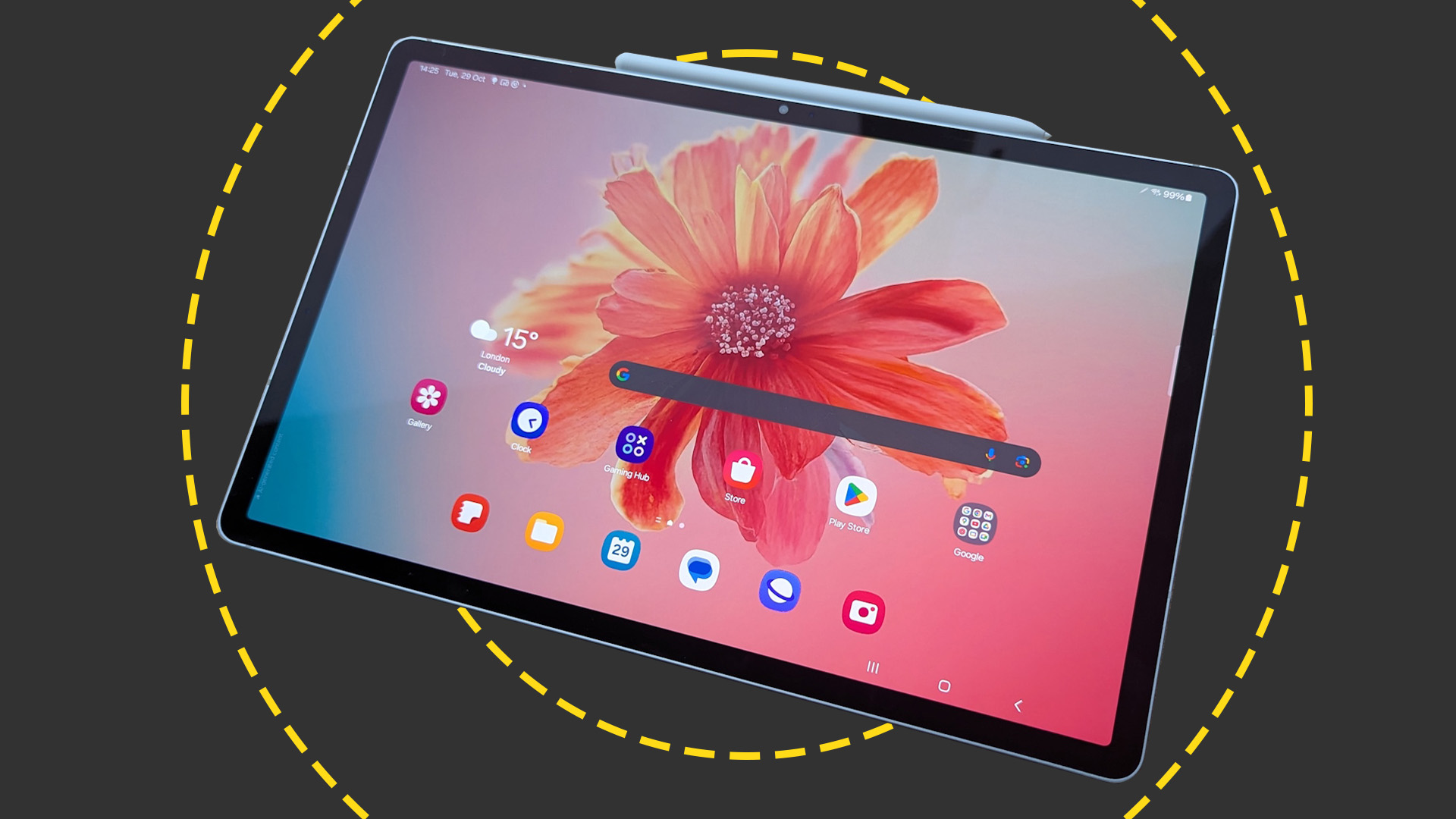 Samsung Galaxy Tab S10+ review: Possibly the best Android tablet for business
Samsung Galaxy Tab S10+ review: Possibly the best Android tablet for businessReviews With good performance, AI features and an exceptional screen, the Tab S10+ is the best Android tablet out there, if not quite the best tablet overall
By Stuart Andrews
-
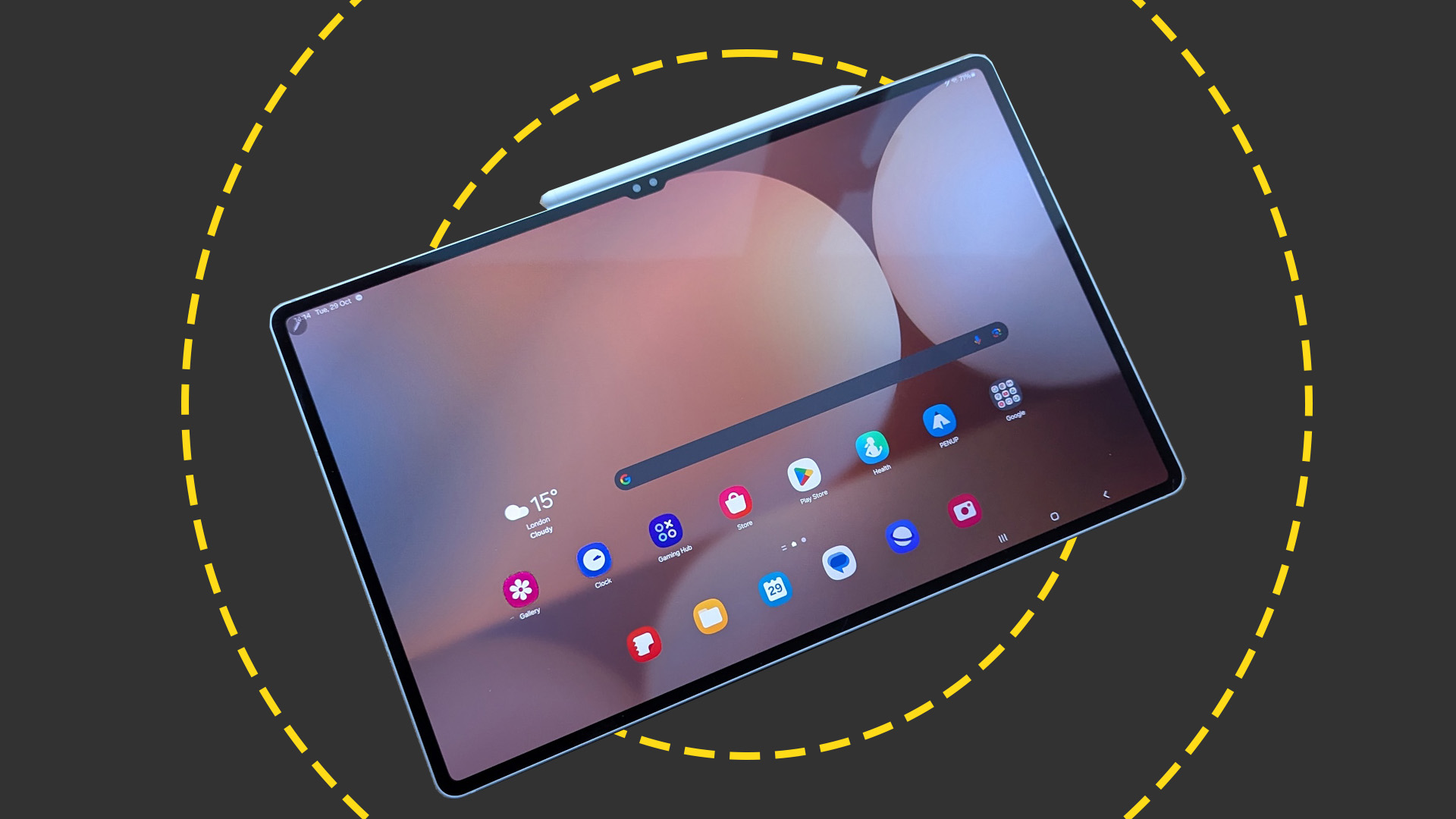 Samsung Galaxy Tab S10 Ultra review: Samsung's big-screen tablet is an AI-powered multitasking monster
Samsung Galaxy Tab S10 Ultra review: Samsung's big-screen tablet is an AI-powered multitasking monsterReviews The sheer size won't be for everyone, but the Tab S10 Ultra has the screen, performance, and multitasking prowess for serious work
By Stuart Andrews
-
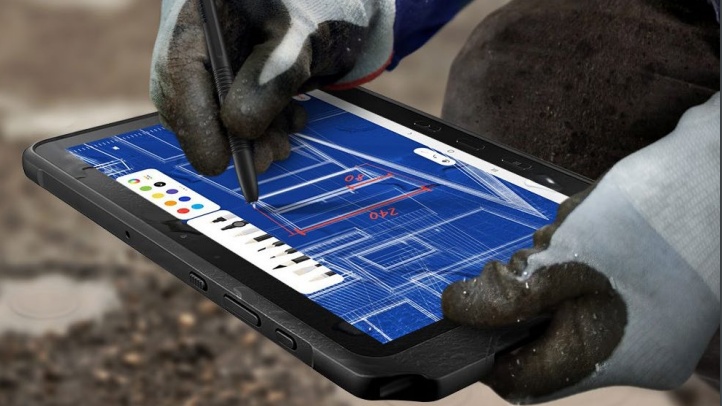 Rugged goes mainstream
Rugged goes mainstreamwhitepaper Why every business needs rugged devices to get the job done
By ITPro
-
 Why tougher doesn’t need to mean harder
Why tougher doesn’t need to mean harderwhitepaper Bridging the rugged and consumer device divide
By ITPro
-
 Samsung reveals plans for $15bn chip research center to break semiconductor scaling barriers
Samsung reveals plans for $15bn chip research center to break semiconductor scaling barriersNews The news follows the company's proposal in July to build 11 Texas semiconductor plants worth $191 billion
By Praharsha Anand
-
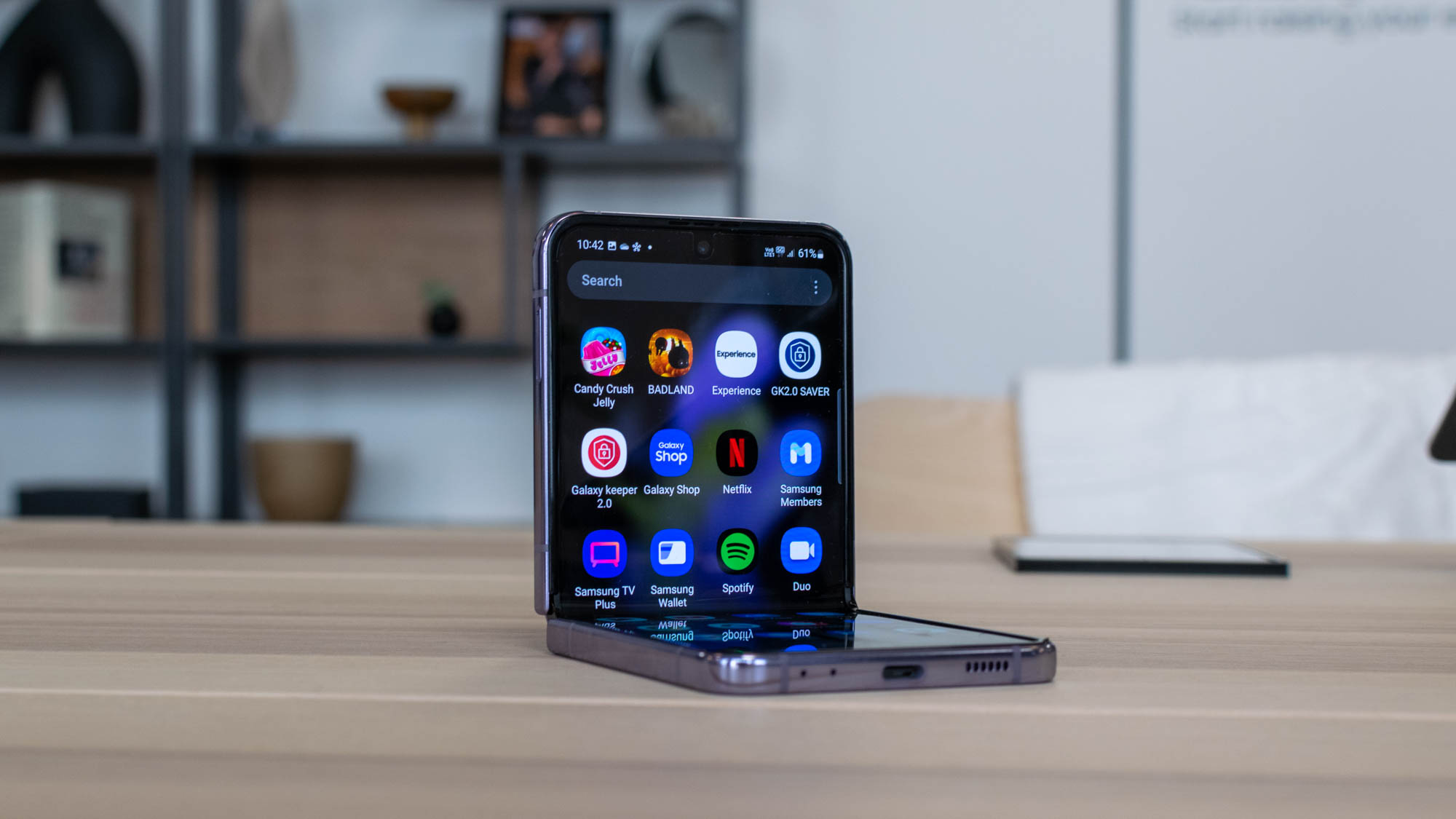 Samsung Galaxy Z Flip 4 hands-on review: A welcome (if minor) update
Samsung Galaxy Z Flip 4 hands-on review: A welcome (if minor) updateFirst look Samsung’s latest foldable is appealing, but does little to stand out from its predecessor
By Adam Shepherd
-
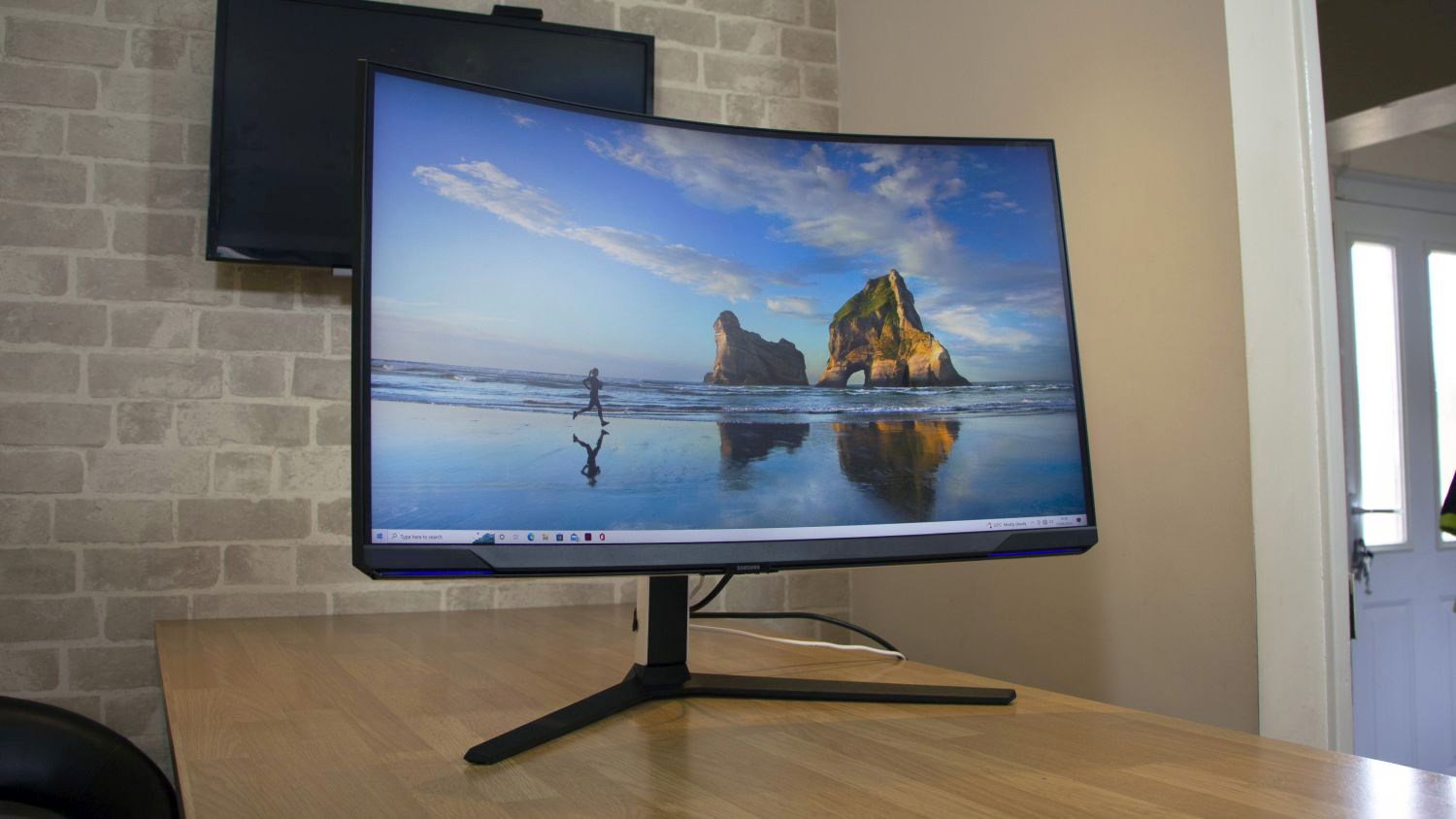
 Samsung Odyssey Neo G8 review: A groundbreaking display for work and play
Samsung Odyssey Neo G8 review: A groundbreaking display for work and playReviews The world’s first 4K/240Hz screen delivers sensational contrast and great colours, albeit for a high price
By Mike Jennings